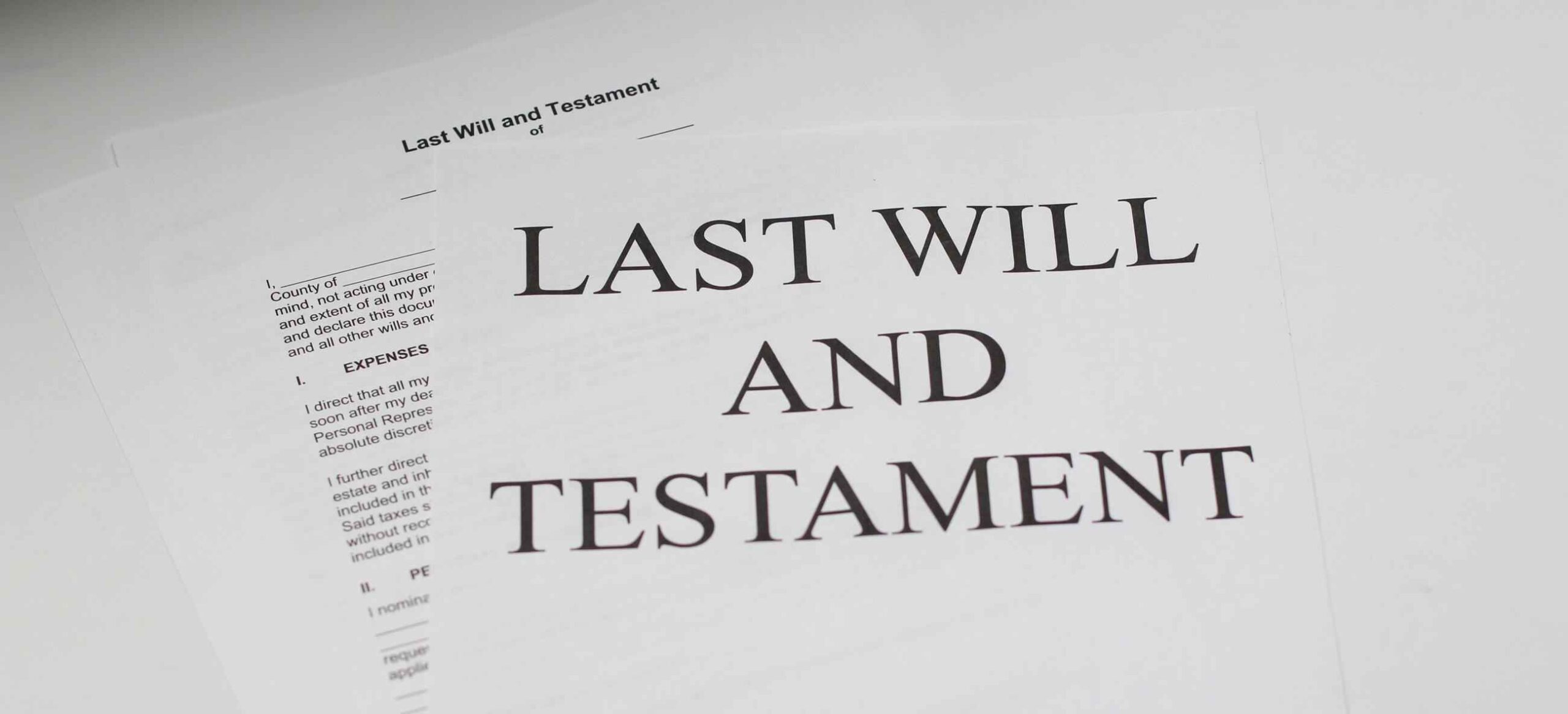Probate is the legal process of settling an estate after someone dies. During probate, the court will appoint an executor to manage the estate and carry out the wishes of the deceased as outlined in their will. If there is no will, the court will appoint an administrator. If a house is part of the estate, it must go through probate before it can be sold.
The answer to the question of whether a house in probate can be sold is yes, but there are specific rules and procedures that must be followed. The executor or administrator will have the authority to sell the estate property in probate as long as they follow the proper procedures.
What Is Probate?
Probate is the legal process that occurs after someone dies. The process includes validating the will, identifying and appraising assets, paying off any outstanding debts, and distributing the remaining assets to beneficiaries. If the deceased person owned a house, it will be considered part of the estate and must go through probate.
The purpose of probate is to ensure that the wishes of the deceased are carried out and that assets are distributed in a fair and orderly manner. It is also designed to protect creditors by ensuring that any outstanding debts are paid before assets are distributed to beneficiaries.
What Is the Process of Selling a House in Probate?
The process of selling a house in probate typically involves several steps. Here is a brief overview of the process:
File a Petition with the Court:
The executor or administrator must file a petition with the court requesting permission to sell the property. The court will review the petition and, if it is approved, will issue an order allowing the sale to proceed.
Obtain an Appraisal:
The executor or administrator must obtain an appraisal of the property to determine its fair market value. This is important to ensure that the property is sold for a fair price and to avoid any legal challenges from beneficiaries who may feel that the property was undervalued.
List the Property for Sale:
Once the court has given permission to sell the property, the executor or administrator can work with a real estate agent or sell the property on their own. They must market the property and list it for sale at or above the appraised value.
Accept an Offer:
When an offer is received, the executor or administrator must review it and determine if it meets the requirements of the court. If the offer is accepted, the sale can proceed.
Obtain Court Approval:
Before the sale can be finalized, the executor or administrator must obtain court approval. This typically involves filing a motion with the court and providing documentation showing that the sale was conducted fairly and in accordance with the court’s requirements.
What Happens After the House in Probate Is Sold?
After the house in probate is sold, the proceeds will be used to pay off any outstanding debts and then distributed to the beneficiaries according to the will or state law if there is no will. If there are multiple beneficiaries, the proceeds will be divided among them based on their share of the estate.
It’s important to note that the sale of a house in probate can take longer than a traditional sale. This is because the sale must go through the court, and there may be legal challenges from beneficiaries or creditors. However, with the help of an experienced attorney, the process can be streamlined, and the sale can be completed as quickly as possible.
Do You Wish to Sell Your Home in Probate?
Your house in probate can be sold, but the sale must go through the proper legal channels and be approved by the court. If you are an executor or administrator of an estate that includes a house, it’s important to work with an attorney and follow the proper procedures to ensure that the sale is conducted legally and fairly. It’s also important to keep in mind that selling a house in probate can be a complex process, and it may be helpful to enlist the services of a real estate agent who is experienced in handling these types of sales.
If you are a beneficiary of an estate that includes a house in probate, it’s important to be patient throughout the process. While it may take longer than a traditional sale, the sale must be conducted in a fair and legal manner to protect the interests of all parties involved.
After the sale, the proceeds will be used to pay off any outstanding debts and distributed to the beneficiaries according to the will or state law if there is no will. By working with an experienced attorney and following the proper procedures, the sale of a house in probate can be completed as smoothly and efficiently as possible.






 Highest Cash Offer is a real estate solutions company. Our team of experts specialize in assisting homeowners with a wide variety of solutions to any real estate problem. Whether we buy your house for cash or not, our goal is to help you get the desired outcome you deserve.
Highest Cash Offer is a real estate solutions company. Our team of experts specialize in assisting homeowners with a wide variety of solutions to any real estate problem. Whether we buy your house for cash or not, our goal is to help you get the desired outcome you deserve.